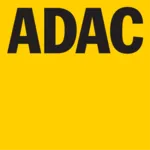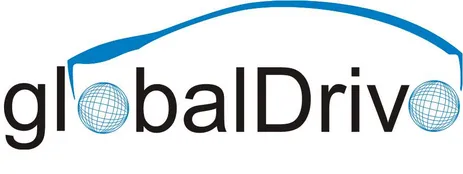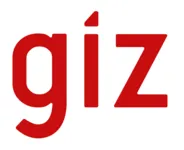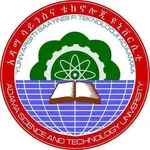In the coming summer term, the Institute of Automotive Technology (FTM) will once again provide the opportunity to answer interesting open questions in the field of future mobility to motivated students. The focus of this program is on practical work up to and including prototyping. All participants are encouraged to submit a student thesis (Bachelor/Semester/Master Thesis) documenting their individual contribution.
Project 1: Electric Mobility in the city

Almost all current owners of electric vehicles own fixed parking spaces and have guaranteed charging stations. Many city residents are forced to use public parking spaces, have no or limited possibilities to set up their own charging infrastructure or are not able to afford an electric vehicle at all.
What could concepts for future urban electric mobility look like?
-
Charging infrastructure
-
Making electromobility accessible to broader sections of the population: lantern parkers, elderly people, low-income population groups
-
consideration and resolution of social tensions (e.g. parking pressure)
-
Charging as a major factor influencing practical feasibility and as a bone of contention between "early adopters" and "late majority"
-
Electric vehicle as first car
-
Mobility for everyone
Project 2: Electrifying the first mile
Access to mobility is essential to improve the living standards of rural populations in sub-Saharan Africa. This applies regardless of whether it is the transport of agricultural products from the fields to the nearest market, mobility concepts for commuters or the diversification of income through newly created jobs. The consequences of non-existent mobility for the local society are far-reaching. Together with the Gesellschaft für internationale Zusammenarbeit (GIZ), this GlobalDrive project tries to evaluate the challenges and opportunities of electric mobility for this application and to develop a holistic mobility concept. Based on the aCar and with a special focus on selected rural communities in the target region, the teams work on a solution-neutral and relevant question in an exciting context. By focusing on electric vehicles, the solution space gains correspondingly in diversity since the required energy and corresponding storage can generate additional local value.
Application
If you are interested in participating in one of the two projects, please send the completed application form and a current TUMonline grade report to Clemens Pizzinini, M.Sc. or globaldrive(at)ftm.mw.tum.de until March 14th, 2021.



